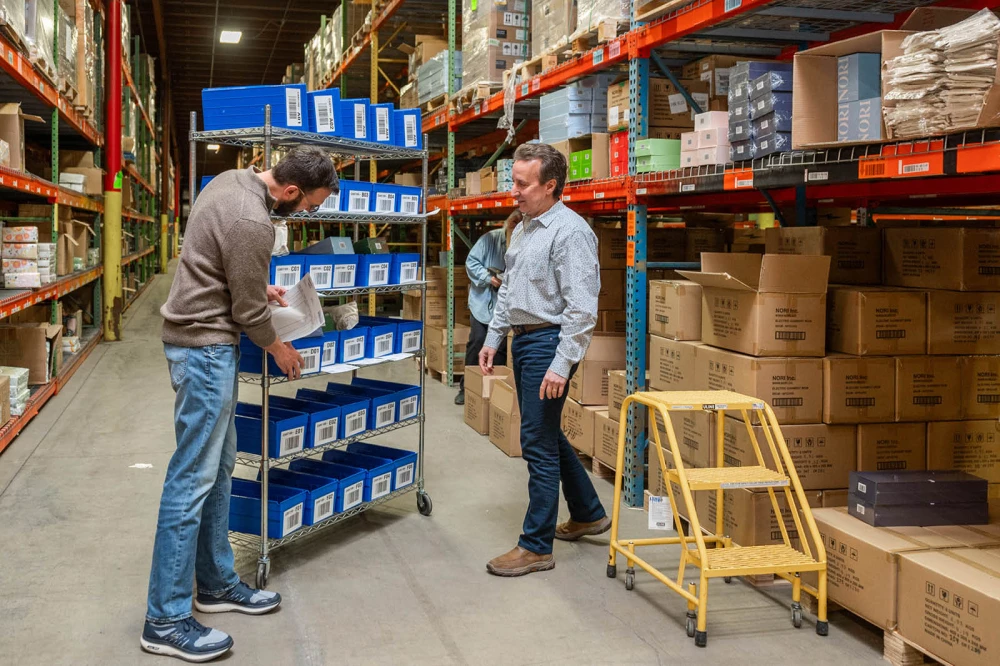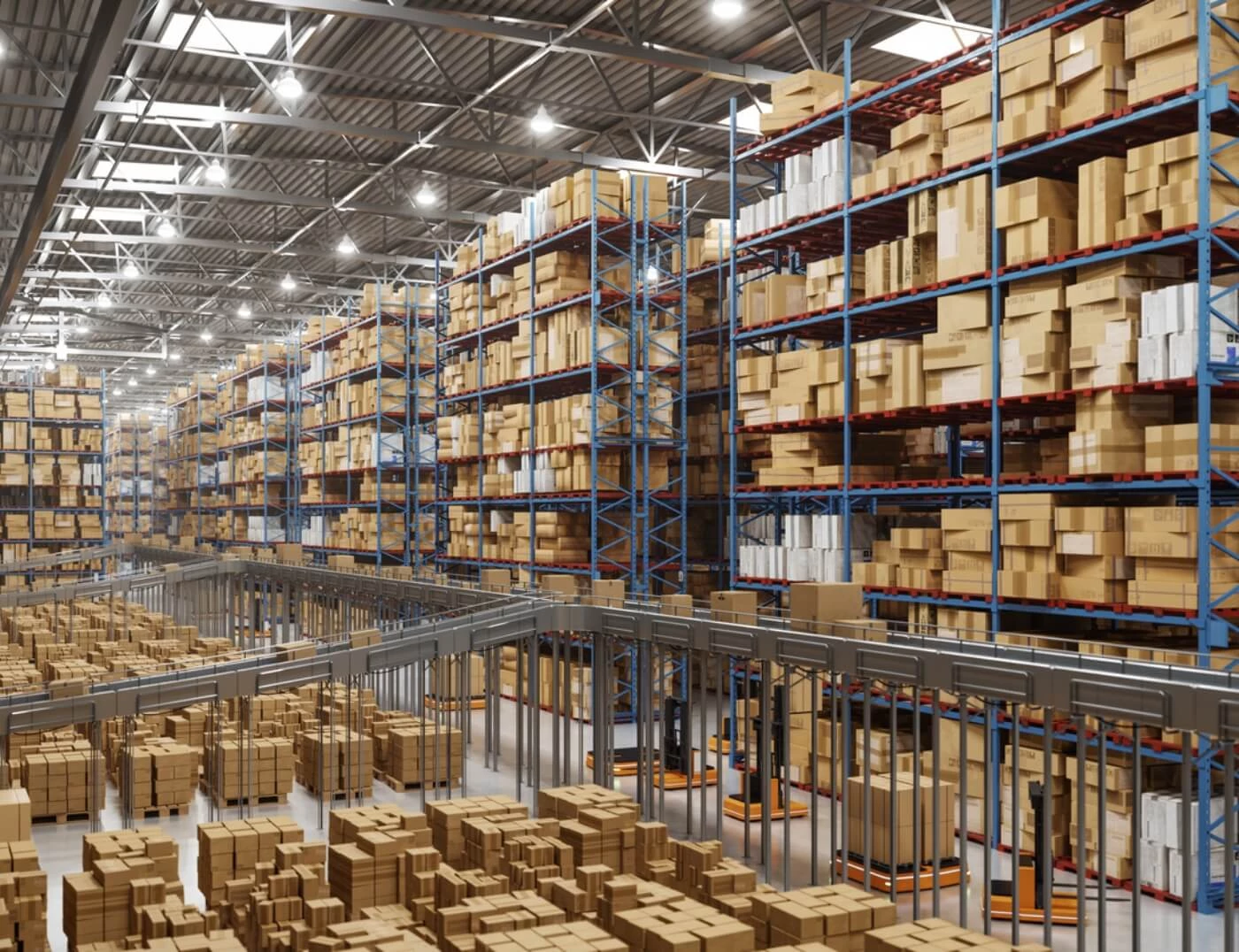
Why Inventory Management is Crucial
- Dec 29, 2023
- Inventory Management

In 1999, Hershey’s lost an estimated $100 million in sales because they were unable to deliver Kisses and Jolly Ranchers to stores in time for Halloween. A dozen years later, Best Buy couldn’t keep up with consumer demand during the busy Christmas shopping season and was forced to cancel orders due to stock shortages.
While both companies managed to avoid an all-out catastrophe, inventory management — or lack thereof — can have serious repercussions. Just ask Kmart, whose lack of a supply chain management system helped hasten its downfall.
Inventory management may not be considered glamorous or fun, but getting it right is crucial. One misstep and you might find your own blue light specials extinguished for good.
Inventory management is a balancing act; you need to make sure you have enough supply to meet consumer demand, but not so much that you tie up capital on other costs. In 2018, the odds of shoppers encountering out of stock items was 1 in 200, costing retailers $300 million in revenue. By 2022, that number had climbed to 1 in 59 — a 235% increase that can be attributed to the COVID-19 pandemic and its associated supply chain issues.
Too little inventory can lead to out of stock items, frustrating consumers, costing your business sales, and damaging your brand reputation. But too much inventory can tie up capital, leading to storage and handling costs and increasing the risk of product obsolescence. The goal of inventory management is to find the sweet spot between these two extremes, a process that requires careful planning, forecasting, and monitoring of inventory levels.
Inventory management is crucial for several reasons, including:
Retailers have a number of options for managing inventory levels. Software tools help keep tabs on popular items, and point of sale (POS) inventory management systems allow you to monitor sales and track inventory remotely. But doing so yourself involves a learning curve and can be a drain on valuable resources.
Third-party logistics (3PL) providers like G10 can play a valuable role in assisting retailers with inventory management. They offer a range of services that can help retailers optimize their inventory levels, improve efficiency, and reduce costs. These include:
With over 14 years of inventory management experience, G10 has proven itself a leader in third-party logistics. Contact us today to learn how we can help manage your inventory and keep the supply chain moving efficiently.
Transform your fulfillment process with cutting-edge integration. Our existing processes and solutions are designed to help you expand into new retailers and channels, providing you with a roadmap to grow your business.
Since 2009, G10 Fulfillment has thrived by prioritizing technology, continually refining our processes to deliver dependable services. Since our inception, we've evolved into trusted partners for a wide array of online and brick-and-mortar retailers. Our services span wholesale distribution to retail and E-Commerce order fulfillment, offering a comprehensive solution.
